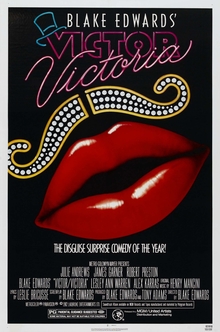
Courtesy of wikipedia.com
Not long ago, I wrote a blog on the transgender issue. The argument, I hoped, was both reasoned and well documented. Nonetheless, I expected push back. To my surprise, the response was muted. One reader did object to my remarks. Another noted I had gone out on a limb but didn’t say if the limb was a good or bad one. I suppose the reward of being a nobody is that my audience doesn’t care what I think, or perhaps they gave my blog a miss that day.
For the famous, the transgender debate poses a danger to all who address it. So much so, that a 153 of them—writers, academics, and other artists– rose to speak in one voice to their detractors. Their defense appeared in a letter published in Harper’s on July 7 of this year. In it, they suggested members of the extreme left, sometimes called the Woke, had become too intemperate in their remarks on the subject. Those who’d signed the letter pleaded for tolerance and argued that to aggressively shame people of more moderate views would stymie creativity. “As writers, we need a culture that leaves us room for experimentation, risk-taking, and even mistakes.”
The Woke took the rebuke unkindly even though one apologist’s explained the letter was ”an attempt by the powerful to look out for the powerless.” Unfortunately, the explanation fell upon deaf ears. The Woke turned up the volume, threatening to unhorse more writers, artists, and academics as they’d already done. (Harper’s Letter,” The Week, July 24, 2020, pg. 17)
Why the elites should feel vulnerable to Woke criticism baffles me. In a democratic society, no free thinker should blanch to speak his or her mind. Art is born from the fires of our discontent. Or is free speech the real issue? Could boycotts and the concomitant loss of revenue terrify these great minds more?
My question isn’t meant to imply economic concerns are trivial. Nor do I think Salmon Rushdie was disingenuous when he signed the letter. He knows what it is to suffer not only the financial consequences of espousing a controversial view, but he faced threats to his life because of it. Rushdie’s experience is an exception, however. Generally, I think is it wrong to conflate economic fears with concerns about free speech. In fact, I’d argue principle flies highest when confronted by bullies. The Declaration of Independence comes to mind as an example.
Nonetheless, after reading portions of far-left vitriol, I confess, I’m inclined to sympathize with the elites, to some degree. Like them, I would prefer that the Woke to go back to sleep. They are too unyielding, and their notion of inclusion is too narrow. Liberation, as they pursue it is reminiscent of an Inquisition tribunal. “I accuse! I accuse! I accuse!”
Still, the Harper’s letter, written and agreed upon by some of our greatest contemporary thinkers, strikes me as no more than a whimpering complaint on behalf of commerce rather than a defense of democratic freedom. I shouldn’t be surprised, however. Commerce has all but destroyed art.
